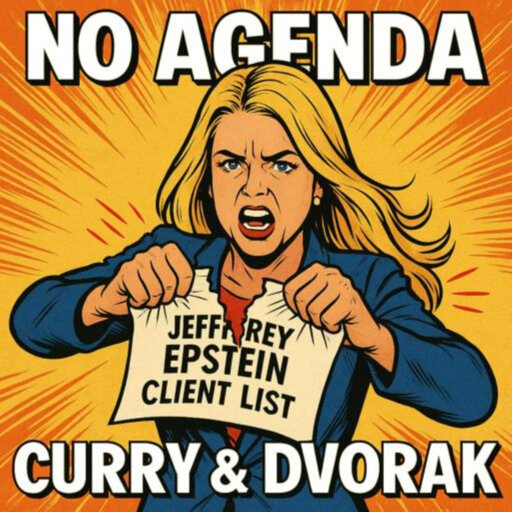Start Listening
Browse the ArchiveNo Agenda Show
The Best Podcast in the Universe
Welcome to The No Agenda Show, an award-winning podcast where Adam Curry and John C. Dvorak, two experts from the media industry, discuss news & politics.
Twice a week they deconstruct the news cycle and give insights into the narrative of the mainstream media, governments and political campaigns around the world.
Value 4 Value
Unlike any other broadcasts, No Agenda has decided to be a solely listener-supported production. This means the listeners contribute to the show both financially and through volunteerism, something we call the value-for-value model.
If you're getting value from our show, please help us by providing your time, talent or treasure.



